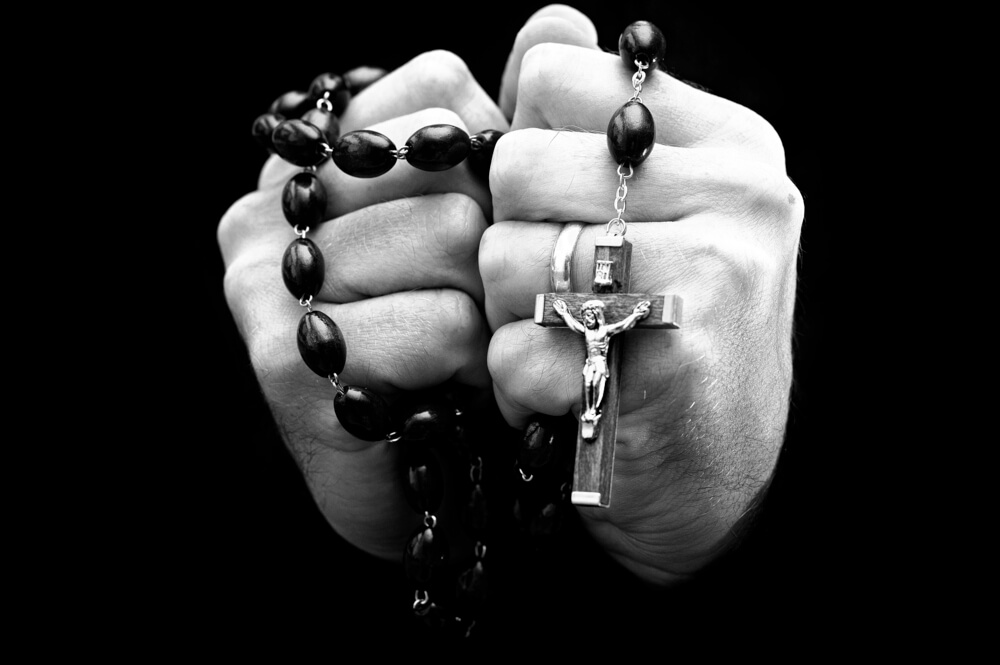In Vos Estis Lux Mundi, Pope Francis’ recent document outlining global standards for reporting clerical abuse, there is specific mention of the need to care for the victims of abuse and their families. And while there are many ways the Church can provide care and compensation for the victims of abuse, six dioceses in California recently announced that they will be launching a new, independent program through which victims can seek pastoral care and financial support.
In a pastoral letter to the people of the Archdiocese of Los Angeles, Archbishop Jose Gomez wrote, “We have been providing pastoral care and financial support for victim-survivors here in the archdiocese for many years. We will continue to do so. But we also understand that some victim-survivors are reluctant to come to the church for assistance. Our hope with this new program is to give these people a chance to seek redress and healing through an independent program.”
Sharing why these Catholic dioceses have set up an independent program for victims, Catholic News Agency editor-in-chief JD Flynn stopped by The Drew Mariani Show™ and explained, “If there is one thing that the Church has learned in recent years, it is that victims of clerical sexual abuse have a hard time coming forward to the Church. And this makes sense, right? If you’re abused by a priest, it might be harder to go talk to a priest about that abuse and how it has affected you. Dioceses across the country have learned that challenge often keeps people from coming forward to get the help they need.”
“So, what six dioceses in California have done is set up this independent reconciliation and compensation program, with the idea that people who have been abused by a priest can come to a group that is not connected to the Church, not employed by the Church, not directly overseen by the Church to tell their story.”
While the Catholic Church in California has provided about $1.5 billion to victims through settlements and litigation in the past, this new compensation program would offer an opportunity for victims who do not have legal recourse to compensation. Diocesan officials have said that the fund would be open to people living in the country illegally and those whose abuse occurred long ago and is therefore beyond the statute of limitations.
One of the major components of the sex abuse crisis in the Church has been the history of cover-ups and lack of transparency when abuses have been reported. This new program appears to acknowledge that reality, and has taken steps to ensure that independence and credibility are some of its key components.
Flynn pointed out, “The administrators of this compensation program are attorneys who have done this in dioceses across the country, but also in other contexts. For example, they helped to establish a 9/11 survivor’s compensation fund, and compensation funds that are similar after other large tragedies. And so they have credibility.”
“A big part of what they have done is to put people on a localized board, a California board, who are not by any stretch of the imagination known to be ‘in the pocket’ of the Church or doing favors for the Church,” he continued. “So [former] California governor Gray Davis, who has had his ups and downs with the Church in California, is a member of this localized board. He and others like him … are seen to be independent enough from the Church that what they’ll do won’t be looked at as just a cover up by the Church or something like that.”
When it comes to restitution for victims of clergy sexual abuse, some may bristle at the thought of money being able to help victims heal. But Flynn pointed out that financial support is often necessary to help victims of abuse access the resources they need for healing and living with the effects of abuse.
“Obviously money cannot pay for having been victimized,” he said. “And I think people sometimes shy away from that term ‘compensation.’ But a person who is the victim of abuse by anyone, especially by a priest or religious figure, suffers. And usually in lifelong and serious ways. That means needing therapy, but it also means sometimes that your ability to work, your ability to fulfill ordinary responsibilities is hampered. You may have some very serious mental health issues. And so the idea is not that money makes the problem go away. But the idea is a that the money is a recognition of the profound harm and the profound cost of abuse on victims.”
Find out more about the new compensation program here and listen to the full conversation with JD Flynn below:
The Drew Mariani Show airs weekdays from 3:00 – 6:00 p.m. Eastern/12:00 – 3:00 p.m. Pacific on Relevant Radio® and the Relevant Radio App.


